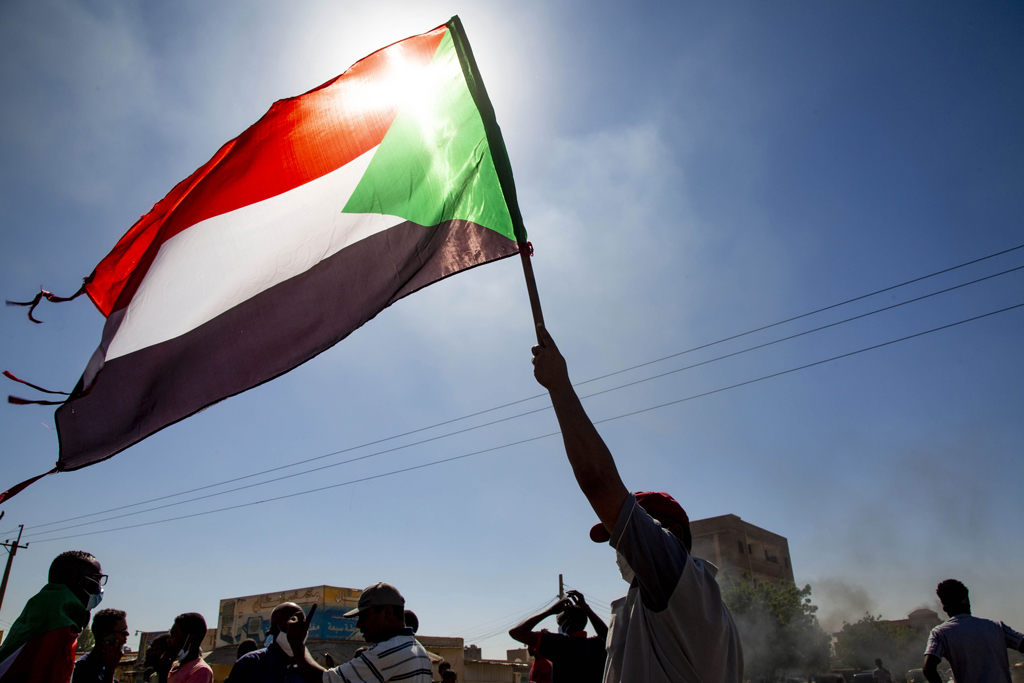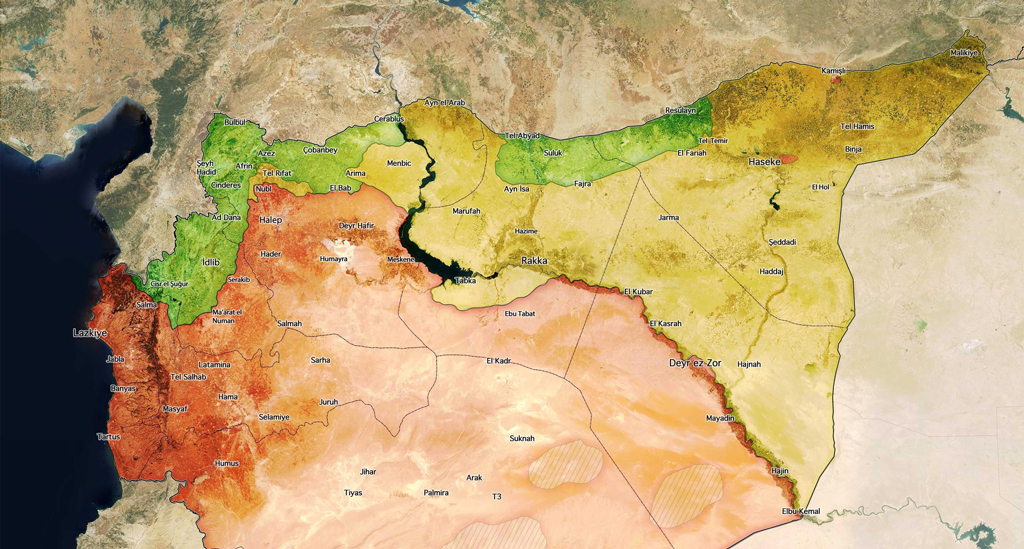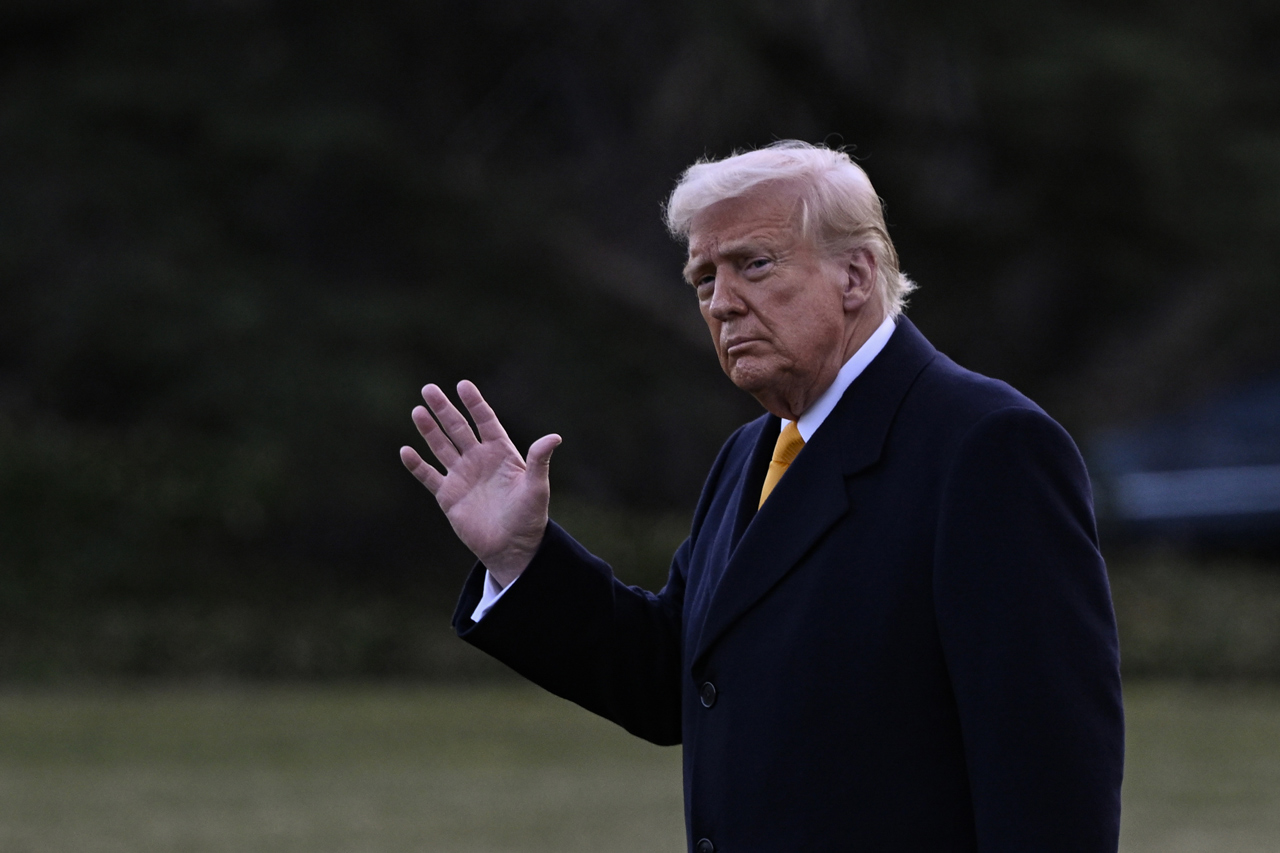One year after the outbreak of the civil war on April 15, 2023, this report examines the origins of the crisis in Sudan, its cost and key actors, the policies and objectives of international powers in the country, and the steps and initiatives taken to resolve the conflict. It also considers the potential for a new Darfur crisis in the future and offers policy recommendations for resolving the current crisis.
The ongoing civil war in Sudan, a strategic bridge between Africa and the Middle East with rich natural resources, is one of the most destructive conflicts in the country’s history, with devastating impacts on civilians and state institutions. The cost and scale of the civil war have far-reaching implications not only for Sudan but also for the region and the international community at large. The conflict has, so far, threatened regional stability, displaced millions of people, and caused a severe humanitarian crisis. Additionally, the potential for the conflict to spread further poses a risk of wider instability which can potentially affect the neighboring countries.
Foreign powers, as well as local actors, are deeply involved in the Sudanese crisis. The policies and complex relationships of some foreign actors with local entities, along with their facilitation of the easy passage of weapons, equipment, and militia forces into Sudan, have contributed to the persistence of the crisis. Consequently, the goals, objectives, and policies of foreign actors can diverge and significantly impact the situation in Sudan. Therefore, ending the civil war in Sudan through international cooperation and ensuring peace, tranquility, and stability for the country’s reconstruction and development are of critical significance for the Sudanese people, the region, Africa, and the global community.







